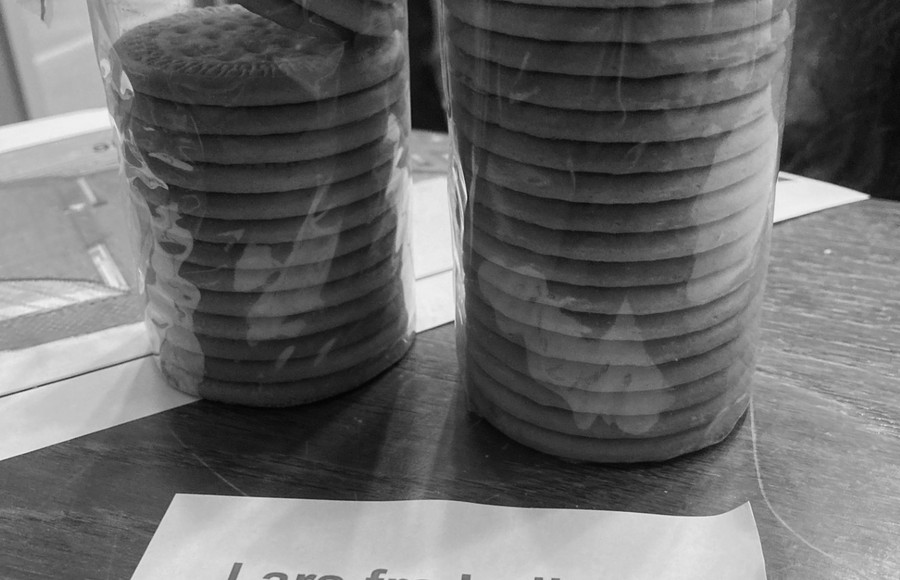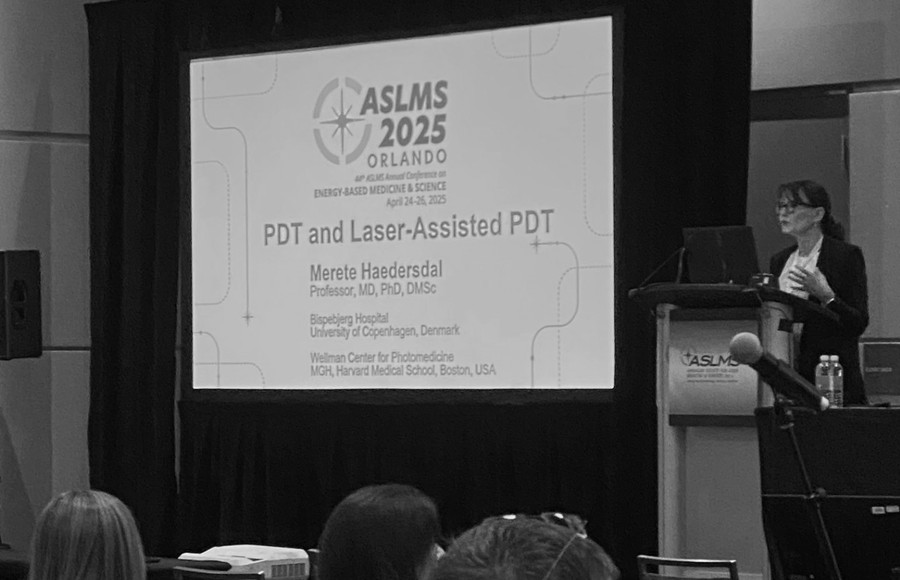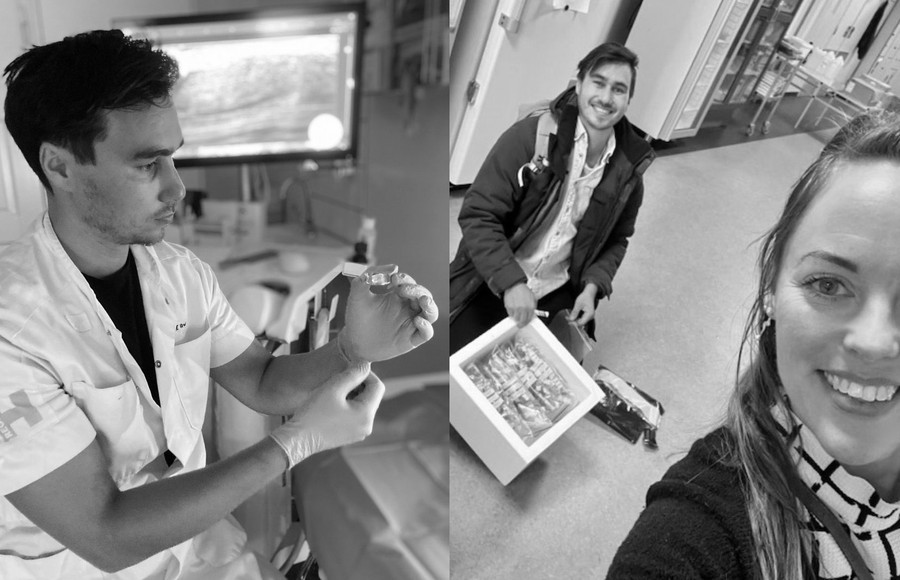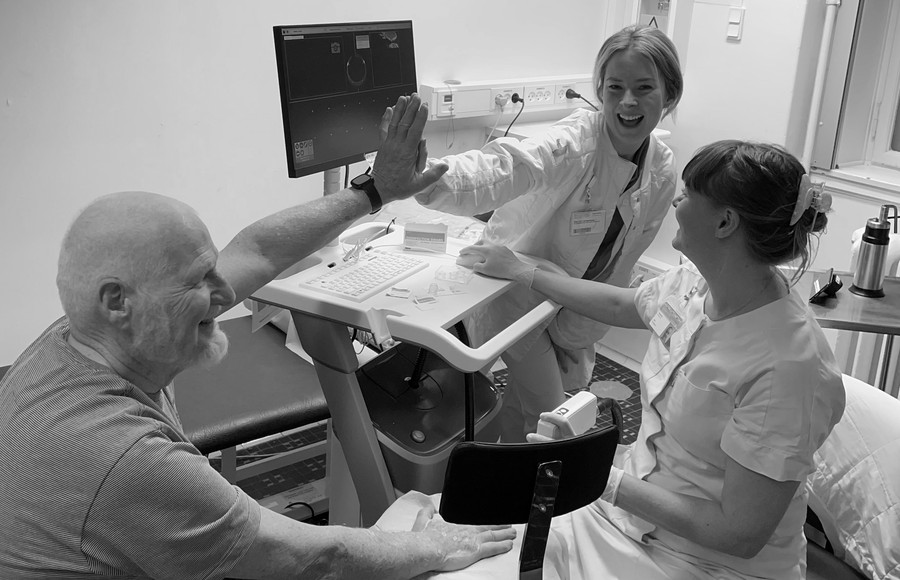A moment of joy: Halfway through the VAXAK trial!
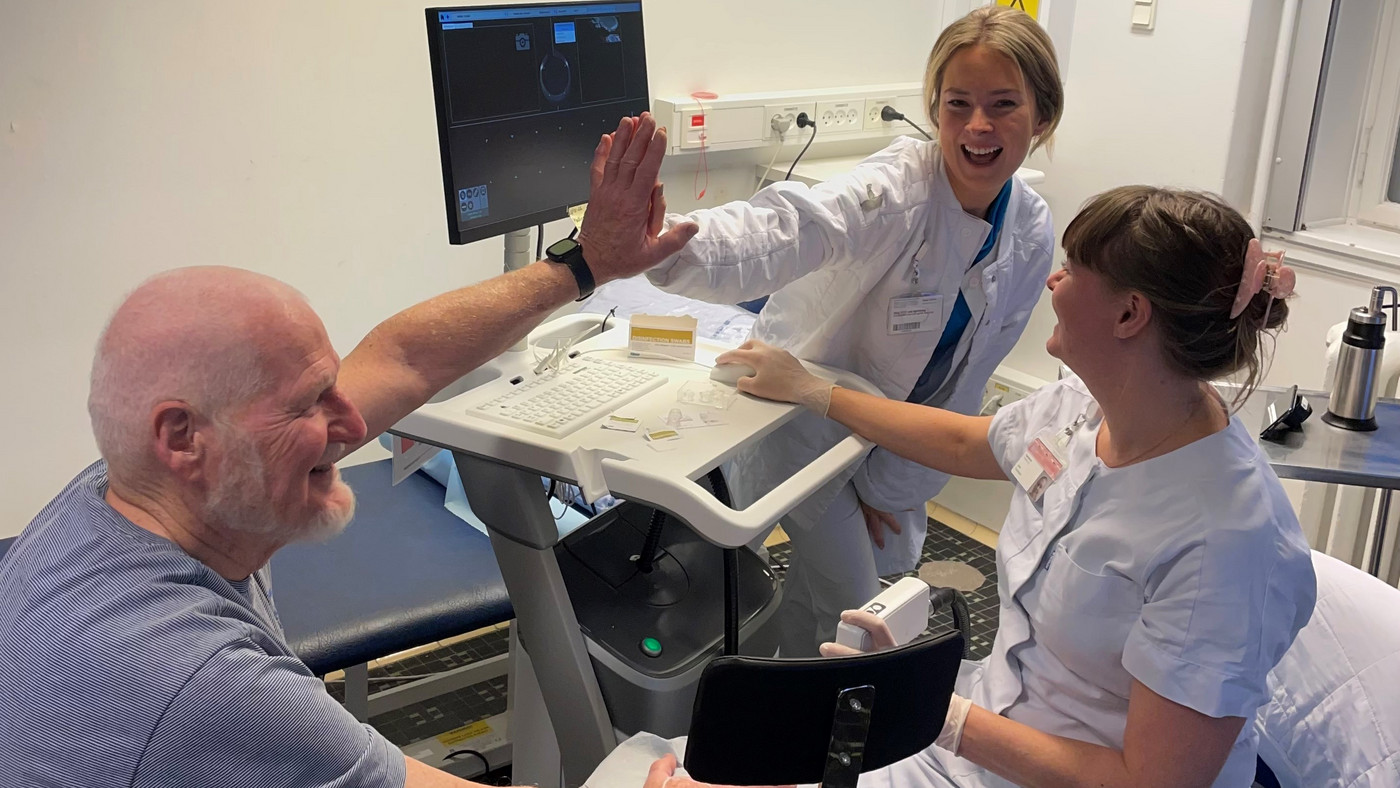
The VAXAK trial was initiated in early summer 2022 with the aim of researching the effect of applying HPV vaccine to treat actinic keratosis - most common precursor to skin cancer. The trial is led by Dr. Emily Wenande and Professor Merete Haedersdal in collaboration with The Danish Cancer Society. It is expected that 70 people with sun-damaged skin will participate in the trial. Half of the partcipants will receive the HPV vaccine, while the rest is getting placebo.
Today the standard treatment for actinic keratosis is cryotherapy, curettage, photodynamic therapy (PDT) or medicated cream - all treatments that often have to be repeated, as new keratoses develop continuously causesing increased resources and time.
Therefore focus on developing treatment-preventive measures with a wider and more lasting effect is important, Since the HPV vaccine is already a marketed and approved medicine, the path to implementation in the clinic is shorter, which ultimately benefits patients.
Recruitment for the VAXAK trial is expected to end in the spring of 2023. The trial results will be published the following year.
Facts about actinic keratoses:
- Frequently occurring UV-induced superficial cell changes
- Appears as rough, red, possibly thickened spots on the skin
- Localized to sun-exposed areas in older people, especially scalp, face, chest and arms
- Increased risk in patients with fair skin type and long-term UV exposure
- In rare cases actinic keratoses develops into squamous cell skin cancer.
